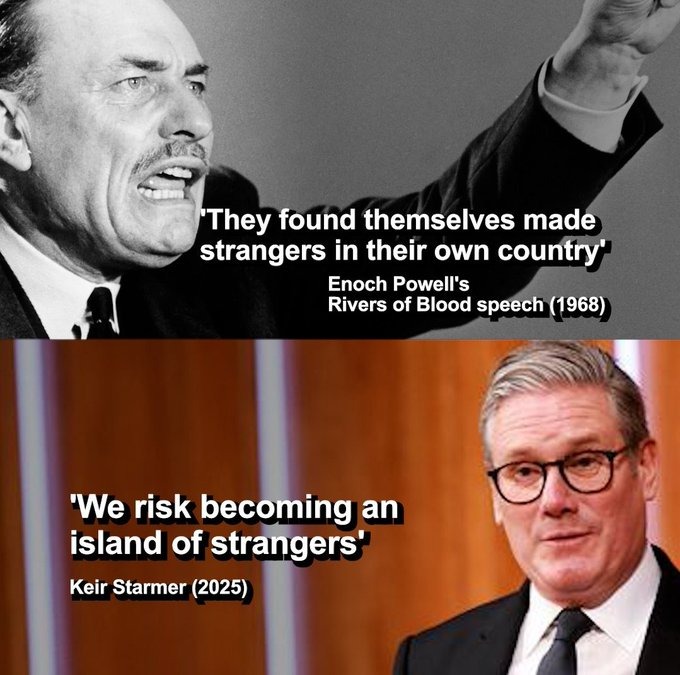The Untold Story of the 7/7 Bombings by Dan Biddle is one of those rare ones. It’s not just a survivor’s account of one of the darkest days in British history; it’s a brutally honest, deeply human story of pain, resilience, and ultimately, hope. Reading it made me confront not only the horror of that day but also my own past, and the dangerous path I once walked.
Dan Biddle was on the Edgware Road train when a suicide bomber detonated his device just feet away. Dan lost both legs, and one of his eye, and endured life-altering injuries. But beyond the physical scars, what stands out in his story is the psychological and emotional toll, something he shares with incredible vulnerability and courage. He doesn’t hide from the darkness he’s faced. Instead, he invites you to walk through it with him, step by step.
His story had a profound effect on me, not just as a reader, but as someone who used to stand on the opposite side of empathy.
There was a time in my life when I used 7/7 as fuel for my own anti-Muslim hatred. I would bring it up to justify my views, to validate my anger, and to push a narrative of division and fear. The pain and trauma of those affected by the bombings didn’t cross my mind. I didn’t consider the survivors. I didn’t think about the families who lost loved ones or the long shadow that day cast over their lives.
I was so consumed by my own hatred that I dehumanised others to the point where their suffering became a tool for my agenda.
That all began to change when I left that world behind and, eventually, I met Dan and his wife Gem whilst working with Local screenwriter John Hales.
Meeting Dan was like holding up a mirror to everything I had ignored. Here was a man who had every reason to be filled with hatred himself, yet what I found was someone who had chosen a different path. Someone who, despite being a direct victim of Islamist terrorism, didn’t let it consume him with bitterness or vengeance. His strength, humility, and willingness to share his story shook me. For the first time, I saw 7/7 not as a symbol of ‘us vs them’, but as a very real, very personal human tragedy.
I think Back from the Dead isn’t just a memoir of survival. It’s a call to reflection. It’s a reminder of how easy it is to get caught up in hatred and forget the individuals behind the headlines. It’s about grief, trauma, and healing – but also about the choices we make in the aftermath of pain.
Dan’s story made me confront the reality that for years, I had been exploiting other people’s trauma without any thought for the cost. It forced me to take responsibility and to feel genuine remorse.
Since 2017, I’ve made it my mission to educate others about where that kind of hatred comes from, and how easy it is to be swept up in it if you’re not careful. Part of that work has involved encouraging people to see past the stereotypes, to understand the root causes, and most importantly, to listen – really listen – to those who have lived through the worst of it.
Dan’s voice deserves to be heard, not just because of what he endured, but because of the light he continues to shine in the darkness.
If you want to understand what happened on 7/7 beyond the headlines, if you want to understand what real strength and humanity look like, read this book (link below). It might not only change how you see that day – it might change how you see yourself.
@Newdaystarts

Click link for Back from the Dead – The Untold Story of the 7/7 Bombings https://amzn.eu/d/bNcMiMJ







